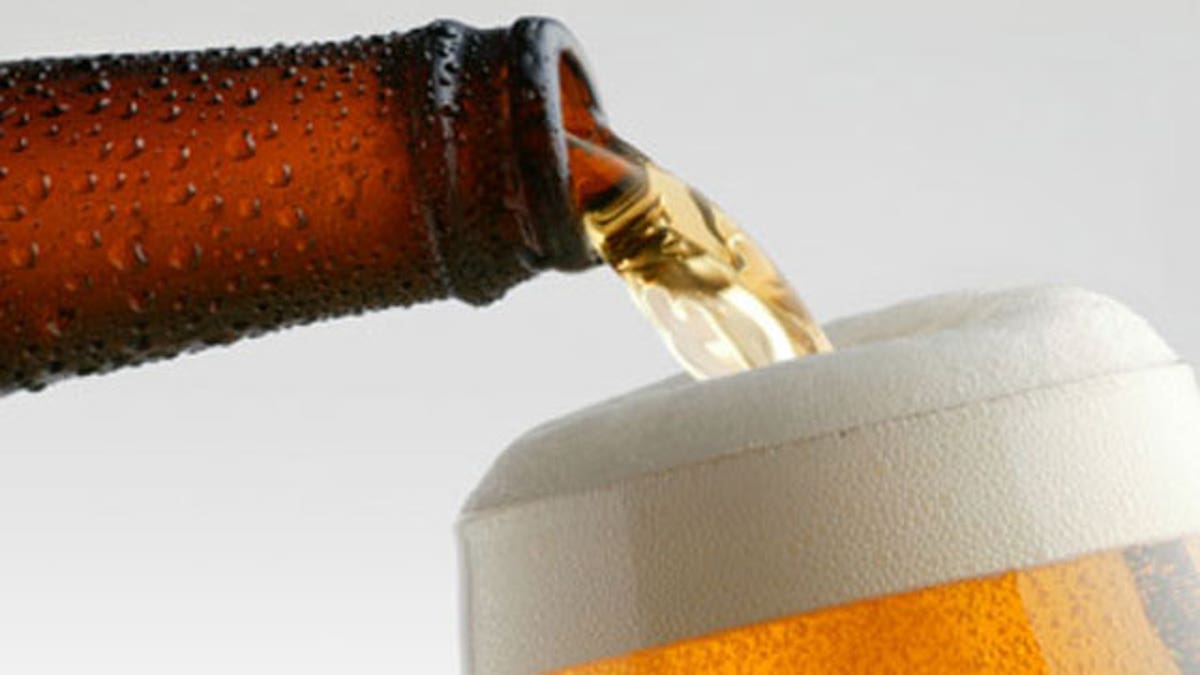
(iStock)
Binge drinking and alcoholism is a big issue in the U.S. Navy and Marine Corps, and the problem may begin even before sailors and marines deploy, a recent study suggests.
More than a quarter of sailors and marines who were anonymously surveyed within two weeks before their deployment admitted to binge drinking regularly, and nearly 40 percent reported dangerous drinking. A small but significant number also reported that they had been drugged against their will.
Previous research has focused on the drinking habits of military personnel while deployed or after returning home. Little is known about drinking in the period before reporting for duty, the researchers write in the American Journal of Preventive Medicine.
That period could be a time of higher stress and people may drink more because they will not be able to drink while aboard ship, the researchers write.
"This is a time of major transition away from family, friends and important social support networks," said coauthor Dr. Braden Hale, program manager at the Department of Defense's HIV/AIDS Prevention Program.
Hale told Reuters Health by email that screening for alcohol abuse before deployment could allow people to be identified and helped earlier.
The study team used data on 2,351 male and female shipboard personnel collected between 2012 and 2014.
Participants gave anonymous reports about hazardous drinking, including how often they drank and how often they had more than six drinks at a time.
They also answered questions about alcohol dependency, including physical cravings for it, and binge drinking, defined as having more than four drinks for women and more than five for men during a typical day of drinking.
The researchers also asked if participants had ever been "roofied," or had their drinks spiked.
Overall, 79 percent of the subjects were men and around 85 percent were in the Navy. Just over 12 percent were under the age of 21.
Just under 39 percent of the sailors and marines reported hazardous drinking before deployment. This was significantly higher for men, at 40 percent, than for women, at 34 percent. Thirty-six percent of those under age 21 had engaged in hazardous drinking.
Twenty-seven percent reported binge drinking. This too was more common for men, at nearly 30 percent, than for women, at 20 percent.
Overall, close to 15 percent were dependent on alcohol: nearly 17 percent of men and 7 percent of women. Personnel between the ages of 17 and 20 were more likely to report being dependent on alcohol.
Few of the sailors and marines reported taking recreational drugs, but 7 percent had been given a drug against their will. The percentages were about equal between men and women.
"These findings confirm there is a culture of drinking, including underage drinking, among Marines and Navy members that needs to be addressed," said Mary Jo Larson, a senior scientist at Brandeis University's Institute for Behavioral Health who studies military drinking.
"The consequences include injuries, fights, car crashes and unwanted sexual contact, including rape," said Larson, who was not involved in the study.
Larson noted that commanding officers are notified when service members seek treatment for drinking, which may discourage people who need help from seeking it.
"The take away is that the Navy and Marines must establish additional effective prevention programs, which send a strong message that those that need medical help can receive it confidentially," she said by email.
In order to prevent short- and long-term harms from alcohol abuse, Hale calls for "screening, intervention and care before deployment for shipboard personnel who may be engaging in hazardous or dependent alcohol use."
